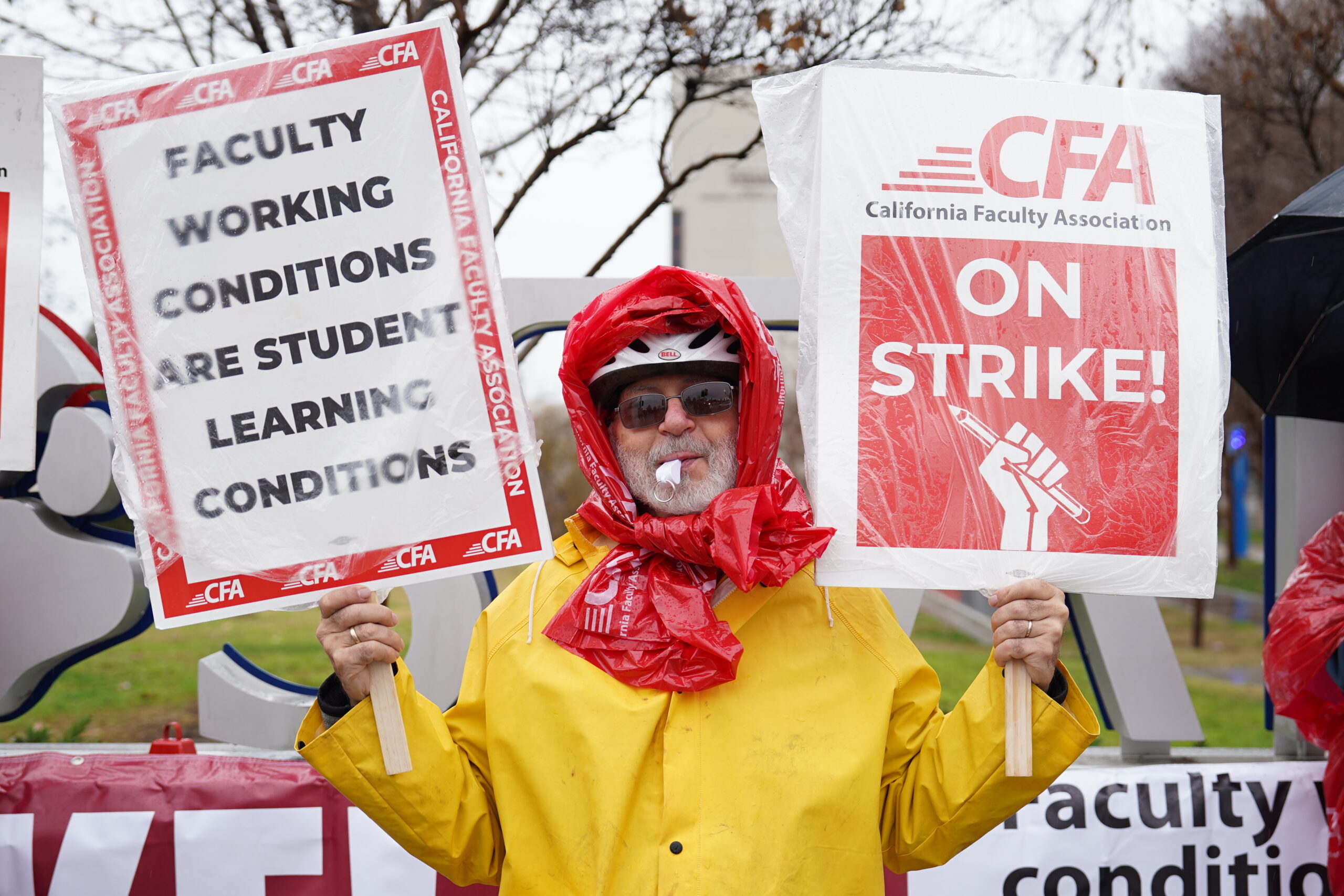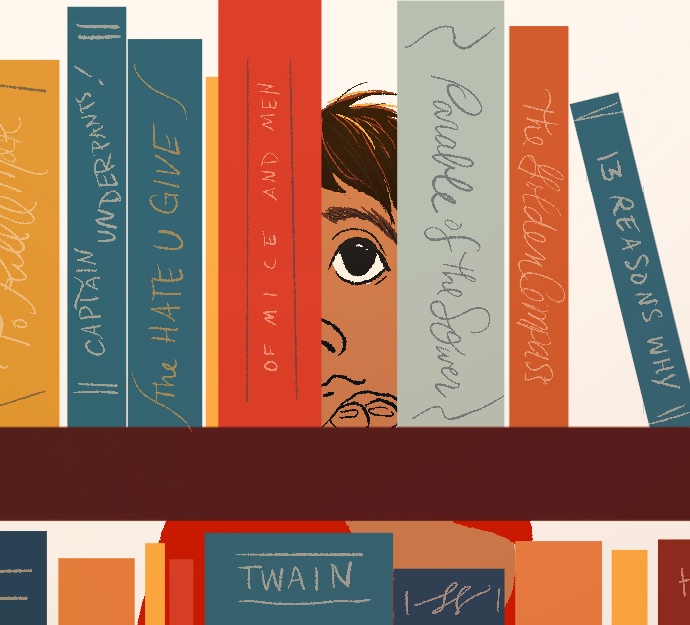Tehipite was the only school in the district at risk of being designated “persistently dangerous” by the California Department of Education in 2010-11 because of the high rate of violence. In the past decade or so, the state has designated only one school persistently dangerous — an alternative school in Sacramento.
Hanson said things are improving at Tehipite, with more staff training and a focus on engaging students and parents in problem-solving. Suspensions and expulsions, while still high, are down, he said.
Changing violent behavior requires more time and resources than Fresno Unified can muster, said Gabriel Hernandez with Youth for Christ, a faith-based organization that offers programs and mentoring for youths.
“You’ve got a 14-year-old kid, it took him 14 years to get that bad,” Hernandez said. A two-year restorative justice program in a junior high school can’t reverse that, he said.
Hanson acknowledges that the challenge is steep and restorative justice isn’t a cure-all. But, he says, “There’s a lot of room for us to potentially have an impact.”
Some FUSD students say suspensions and expulsions could be avoided if teachers and principals took time to talk to them. Kids bring to school all the dysfunction from home, and it shows in their behavior — a student who is hungry, abused or had a parent sent to prison will unload stress by acting out in school.
“They have chaos in their life,” said FUSD middle school teacher Steven Jaurena. “If their parents are constantly cussing and swearing at them at home, then that’s what they know. If their parents are constantly angry with them, then that’s how they will behave. If they’re getting whacked at home, then their first response when they get angry is to whack someone else.”
Eighth-grader Corey Hogan and his friends at Tehipite say everybody they know gets suspended, usually for fighting. Corey said he was kicked out because he had a design shaved in his hair that a teacher thought was a gang symbol. Corey says he isn’t in a gang, but his teacher didn’t believe him.
Tehipite student John Ware said he’s been suspended more than 20 times for fighting, swearing and talking back. But he’s been doing better, say his youth mentors at the Boys and Girls Club.
When asked why he swears at his teachers, John, 14, said it’s because he doesn’t like them. Or maybe it’s that they don’t like him, he said; they think he’s stupid.
Repairing relationships
Hanson admits there hasn’t been a lot of trust between students, teachers, administrators and parents, and some kids are left feeling like they’re in a daily battle with adults.
“We have to have better, more consistent, higher quality relationships between adults and kids,” Hanson said. “Adults need to do more to guide and support students. You could build the argument that kids need to be more respectful, but we’ve got to do better about setting the table for what the expectations are for respect, and then help students get there, instead of smacking them for not getting there.”
When Butler arrived at Bunche High in fall 2011, he immediately set about improving adult-student relationships. By several measurements, he’s been successful — last year’s seniors pay him regular visits and students pop into his classroom throughout the day to talk. Butler said he’s helped some teachers and staff repair relationships with students.
“The most important thing in restorative justice is building relationships,” he said.
The core of Butler’s program is the twice-weekly discussion circles, where students talk through their fears and frustrations without worrying about being judged or punished. They learn to trust Butler and their peers, which helps to minimize racial tensions and rivalries.
Butler said the circles help him spot problems early, before they lead to bad behavior.
“When you’re in the circle, you can’t get censored,” he said. “This is a place where they can come in, and put everything on the table without being muzzled. They can release all of it, and then they don’t have do it in algebra.”
Many of these youths have been thrown in jail, stabbed, shot or on drugs, and Butler’s circle might be the first time time they’ve been invited to talk about it.
“They leave and come home from school and they’re stepping over dead bodies,” Butler said. “Someone they know gets killed at least once a month, and no one even asks them how they are doing.”
Cameron Simmons arrived at Bunche his senior year after bouncing between three high schools. He said he was routinely suspended for fighting from the first through 11th grade — he has been in the middle of dozens of bloody school riots. But everything changed when a principal sent Simmons to Butler’s circle on his first day of school.
“Eric teaches you to have more self control,” he said. “Don’t just blow up because you have to think about it.”
Simmons, 18, said he hasn’t fought since that first circle. He graduated in June, got his first steady job — at In-N-Out Burger — and signed up for community college courses.
“It’s crazy when I think about all the stuff I did in my past to where I am now,” Simmons said. “I’m not that person on the street trying to hurt people anymore. I’m more of that person trying to help people.”
Before Butler’s program, no amount of suspensions taught Simmons to stop fighting.
“It doesn’t work,” Simmons said. “All you’re doing is kicking me out of school for five days. The only thing that’s doing is putting me behind in my work. It’s not really doing anything about my situation. I look at it as ‘OK, OK, I got a five-day vacation if I punch you in the face.’ “


